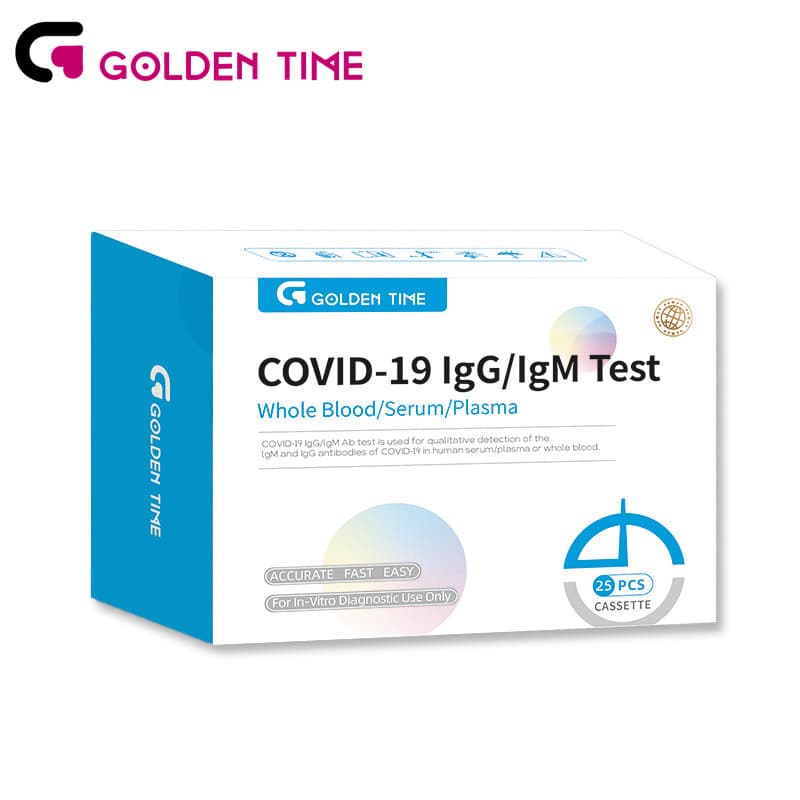Dec . 26, 2024 05:18 Back to list
Hepatitis B Core Antibody Testing Providers and Their Solutions for Diagnosis
Understanding Hepatitis B Core Antibody Test Suppliers
Hepatitis B is a viral infection that attacks the liver and can lead to both acute and chronic diseases. One of the essential diagnostic tools for identifying hepatitis B infection is the Hepatitis B Core Antibody (anti-HBc) test. This test plays a critical role in determining an individual's exposure to the hepatitis B virus (HBV) and is key to managing and controlling the infection. As the demand for hepatitis B screening continues to grow, several suppliers have emerged in the market, providing a variety of testing kits and services. This article will explore the significance of the hepatitis B core antibody test, the role of suppliers, and how to choose the right testing solutions.
Importance of Hepatitis B Core Antibody Test
The hepatitis B core antibody test detects antibodies to the hepatitis B core antigen (HBcAg). The presence of these antibodies indicates that a person has been exposed to the virus at some point in their life, though it does not differentiate between active and resolved infections. This test is particularly useful for
1. Screening It is a crucial component in screening blood donors and pregnant women to prevent the transmission of HBV. 2. Diagnosis The anti-HBc test aids in the diagnosis of acute or chronic hepatitis B infections, helping healthcare providers determine the best course of treatment. 3. Monitoring For patients with chronic hepatitis B, the levels of anti-HBc can be monitored to assess the effectiveness of treatment and the likelihood of viral reactivation.
Choosing the Right Supplier
With numerous suppliers offering hepatitis B core antibody test kits, it is essential to choose one that meets regulatory standards and provides accurate, reliable results. Here are some factors to consider when selecting a supplier
1. Regulatory Compliance Ensure that the supplier's tests are approved by relevant health authorities, such as the FDA in the United States or the CE mark in Europe. Compliance with these regulations signifies that the product has met safety and efficacy standards.
hepatitis b core antibody test supplier

2. Product Quality Evaluate the quality of the testing kits. Look for suppliers who use high-quality materials and have a strong track record of consistent performance. Customer reviews and testimonials can provide insights into the reliability of their products.
3. Technical Support Choose suppliers that offer comprehensive technical support. It’s essential for laboratories and clinics to have access to assistance in case of any issues with the testing kits or interpretation of results.
4. Training and Resources Suppliers that provide training resources for healthcare professionals can enhance the efficacy of testing procedures. Look for suppliers who offer educational materials, webinars, or in-person training sessions.
5. Range of Products A supplier that offers a variety of related products, such as hepatitis B surface antigen tests and complete panels for liver disease, can be beneficial. This variety allows for a comprehensive approach to hepatitis B testing and management.
6. Cost-Effectiveness Consider the cost of the testing kits and the overall value offered. While lower prices can be attractive, they should not come at the expense of quality and reliability.
7. Reputation Research the supplier's reputation in the industry. Established suppliers with a good track record are more likely to provide high-quality products and reliable service.
Conclusion
The hepatitis B core antibody test is a vital tool in the fight against hepatitis B, providing essential information for diagnosis, screening, and monitoring. Selecting the right supplier for these testing kits is crucial to ensure accurate diagnosis and effective disease management. By considering factors such as regulatory compliance, product quality, technical support, and cost-effectiveness, healthcare professionals can make informed decisions when sourcing hepatitis B core antibody tests. As the awareness of hepatitis B continues to rise globally, choosing dependable suppliers will play a significant role in enhancing public health outcomes and reducing the burden of this infectious disease.
-
Rapid BZO Test Kit - Fast & Accurate Benzodiazepines Detection
NewsAug.04,2025
-
China Nylon Flocking Swabs - AI Enhanced Quality Collectors
NewsAug.03,2025
-
Highly Accurate hCG Pregnancy Test Strips - 5 Min Results
NewsAug.02,2025
-
Premium Empty ABS Plastic Cassettes: Durable & Lightweight Storage
NewsAug.01,2025
-
Accurate Cocaine (Coc) Rapid Test Kit | Fast & Reliable Detection
NewsJul.31,2025
-
Accurate HCG Pregnancy Test Strips | Fast Home Use Kit
NewsJul.31,2025

